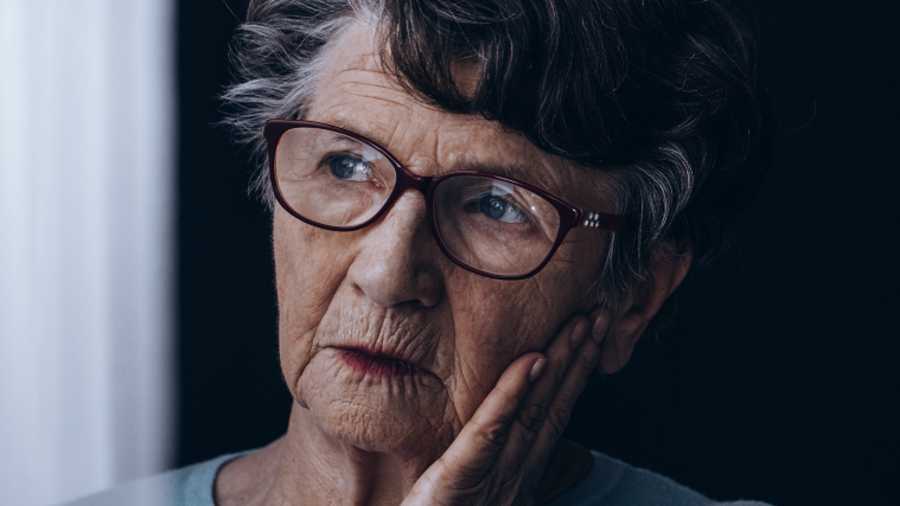Life expectancy in India is rising, and with it, the incidence of age-related illnesses. Like old appliances, our organs too degenerate with age. As the brain ages, we can develop dementia. An estimated four million people in India have dementia. Many of them have a type called Alzheimer’s disease.
Alzheimer’s usually starts in older people with mild symptoms. They tend to misplace objects, forget addresses and phone numbers, dress inappropriately, leave things on the burner and forget to lock doors. They may ask the same question repeatedly. They may get lost in familiar places. Conversations may become difficult as they cannot find the right expressions. They may get depressed, distrustful, irritable and develop delusions about family members and suspect theft. The symptoms may get pronounced and noticed by the caregivers.
The exact reason for the disease is not known. Fragments of the protein beta-amyloid are suspected to cluster and form signal-disrupting amyloid plaques in certain areas of the brain. In addition, neurofibrillary tangles occur, and this further interrupts cell-to-cell communication.
People who carry the apolipoprotein E gene are more likely to develop Alzheimer’s. Then many first-degree relatives too have the disease, and the symptoms may appear at a younger age.
Lifestyle influences the onset and progression of Alzheimer’s. Obesity is a major risk factor. The body mass index (BMI) should be between 18.5 and 25; a value of 30 or more is obesity. Other factors are smoking, secondhand too; alcohol; uncontrolled hypertension, diabetes or lipids; pollution, and low education levels, especially not having finished high school.
Some factors are beyond our control: advancing age, being female, head injury, brain infections and genetic syndromes such as Down’s.
The symptoms, recountable by a caregiver, usually raise the suspicion. Memory and cognition tests can then be administered. Lab tests help rule out other diseases, like hypothyroidism, which too cause mental decline. A spinal tap reveals if the amyloid or tau proteins are present in the cerebro-spinal fluid. An MRI scan shows brain shrinkage or, in rare instances, a tumour.
The onset of Alzheimer’s is delayed in people who remain mentally active and pursue stimulating hobbies in later life. Just reading without recall and arts and crafts alone do not help much. Learning a new language or even playing cards helps reduce the amount of brain cell damage that happens with Alzheimer’s. These activities prompt nerve cells to forge better connections too and boost the signals between each other. Dehydration worsens the symptoms — patients may forget to drink enough water. Violence on TV (news or serials) too impacts negatively.
Medications used to treat Alzheimer’s are cholinesterase inhibitors (donepezil) and memantine. A new drug, aducanumab, can also be used. These show some improvement in the reasoning ability and memory loss in some people. They slow the progression of the disease too.
Exercise is the magic pill for both physical and mental health. The capacity and connections of certain areas of the brain, like the prefrontal cortex and hippocampus, increase with exercise. These areas are associated with memory and recall. Exercise protects against various lifestyle diseases of ageing too, such as heart attacks, and helps control and reduce the dose of medicines for diabetes and hypertension. Aim for at least 150 minutes a week of aerobics activity. Start this young. Never stop.
The writer is a paediatrician with a family practice at Vellore and the author of Staying Healthy in Modern India. If you have any questions on health issues, please write to yourhealthgm@yahoo.co.in










